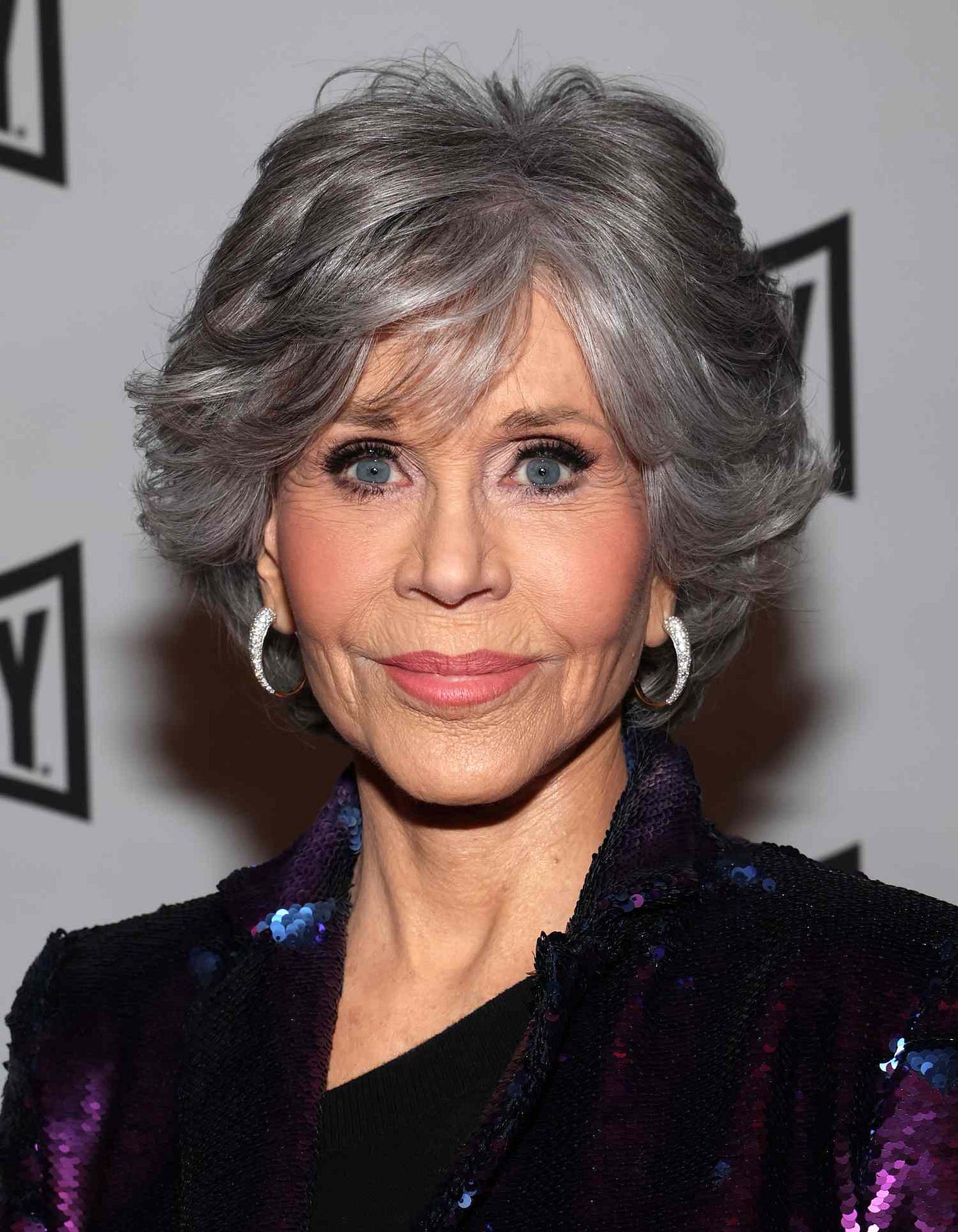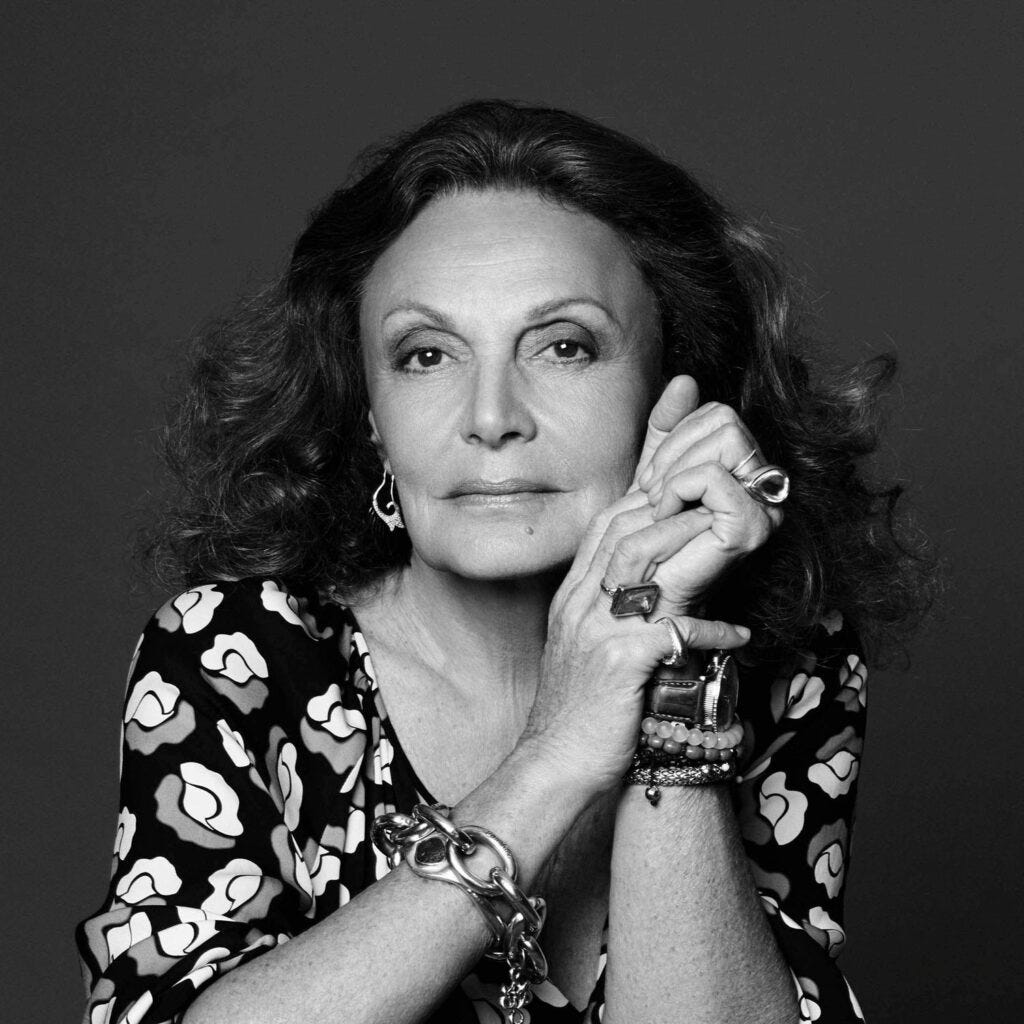Can the child within my heart rise above?
Can I sail through the changin' ocean tides?
Can I handle the seasons of my life?-Landslide, Fleetwood Mac
My last few newsletters have been personal stories about my family, from my grief at spending Mother's Day a year after my Mom passed to my sister's breast cancer journey to telling you about my 95-year-old Dad's history on Father's Day. Today, I want to get back to one of my main objectives of this Substack: what do we call the group of people ages 66 to 80?
In Midlife, I pointed out the absence of a suitable term for this age group. We label ages 45-65 as 'Middle-Aged.' The accepted term for those beyond 65 is simply 'old,' a label that extends to the end of our lives! But I believe a 66-year-old and a 96-year-old have distinct experiences. It's like saying a 25-year-old and a 55-year-old are identical. So, what sets this older group apart?
How cool would it be to create a word or phrase to describe those leaving middle age? After all, someone used the term teenager for the first time, and someone thought middle age would be appropriate. So, how about it? This is a creative group. What ideas do you have for naming the 66-80-year-olds that identify the characteristics of this group?
I'm a big fan of Julia Louis-Dreyfus' podcast Wiser Than Me and find it truly engaging. If you haven't explored it yet, I highly recommend it. Julia, at 63 years old, interviews someone 'older and wiser' than her each week. The guests are primarily renowned celebrities, such as Jane Fonda, Diane Von Furstenberg, Carol Burnett, Bonnie Raitt, and Julie Andrews, among others. Jane Fonda, age 86, was the first guest. She described this period in her life as "The Third Act."
"I divided my life into three acts of 30 years each because every 30 years, I tend to change."
JANE FONDA, HBO
As Jane told HBO, "At the beginning of my third act, I realized — holy sh*t — I don't know who I am. I was 60 and thought, I have maybe 30 more years. Third acts are important and can pull the rest together. So, I went about studying myself, which meant studying my parents and grandparents. Those are the people who determine who you are — who you then spend the rest of your life healing from. One of the things I hope people come away feeling is a need to examine their lives."
I found this interesting, and I agree that we can learn a lot and accomplish great things in the remaining 30 years of our lives. That is if we are lucky enough to live healthily and happily to age 90 or beyond. But I don't think "third act" is a term to describe who we are. Again, a 66-year-old is quite different from a 90-year-old.
Diane Von Furstenberg breaks her life into fourths. 0-25 as Spring, 26-50 as Summer, 51 to 75 as Fall, and 76 to 100+ as Winter. She is 77 years old and discussed being in the "winter of my life." I love the symbolism of using seasons to describe the different stages of our lives, but again, we can't use this to name us. Fall People, or Winter People sounds like a horror film.
The folks at Lumen Learning stayed away from even trying to be creative. They broke out the post middle-age categories into thirds: Young-old (65-85), Oldest-old (85-99), and Centenarians (100+). Their paper describes the "conceptions of aging including, biological, psychological, social, and chronological differences. They also reflect the increase in longevity of those living to this latter stage." You can access the article here to see the changes experienced between the categories. Interesting, but I don't want to be called "Young-old." So, we continue the search.
Thomas Armstrong, Ph. D., wrote the book The Human Odyssey, Navigating the Twelve Stages of Life. He states, "I've written that each stage of life has its own unique "gift" to contribute to the world. We need to value each one of these gifts if we are to truly support the deepest needs of human life. "
I won't take the time to list all twelve stages, but here are the last four:
9. Midlife (Ages 35-50): Contemplation – After many years in young adulthood of following society's scripts for creating a life, people in midlife often take a break from worldly responsibilities to reflect upon the deeper meaning of their lives, the better to forge ahead with new understanding. This element of contemplation represents an important resource that we can all draw upon to deepen and enrich our lives at any age.
10. Mature Adulthood (Ages 50-80): Benevolence – Those in mature adulthood have raised families, established themselves in their work life, and become contributors to the betterment of society through volunteerism, mentorships, and other forms of philanthropy. All of humanity benefits from their benevolence. Moreover, we all can learn from their example to give more of ourselves to others.
11. Late Adulthood (Age 80+): Wisdom – Those with long lives have acquired a rich repository of experiences that they can use to help guide others. Elders thus represent the source of wisdom that exists in each of us, helping us to avoid the mistakes of the past while reaping the benefits of life's lessons.
12. Death & Dying: Life – Those in our lives who are dying, or who have died, teach us about the value of living. They remind us not to take our lives for granted, but to live each moment of life to its fullest, and to remember that our own small lives form of a part of a greater whole.
Contemplation, Benevolence, Wisdom, Life—how powerful these four words are, and they are traits I hope to emulate. But, again, they don't help us with our project of giving a name to the recently mid-life departed.😎 So, once again, what ideas or suggestions do you have to help me with this quest? Giving something a name makes it real.
The website Cake has an article called 7 Alternatives to Calling Someone A "Senior Citizen." They are :
Older people
Olders
Perennials
Seniors
Older adults
People in their 50s and up (Seriously? This one is stupid).
Third and fourth age
I hate all of these options. I know we can do better. Please help!
I receive many private messages with comments after each post. I so appreciate you sharing your stories with me. But, for this post, I ask that you share your ideas in the comments section so everyone can read the naming suggestions. Let’s do this together. And, please share this post with anyone you think may be interested. The more eyes on this article, the more suggestions we may get.
Thank you for visiting Leaving Middle Age! If you like what you read, please share this newsletter with your friends, family, and acquaintances. And if YOU still need to subscribe, please do so. It is free and a step towards building a community that cares.






Ha! A reader suggested "wiseanger", but I think it may be too close to wiseacre? (Or maybe that is appropriate? :)
Keenagers?